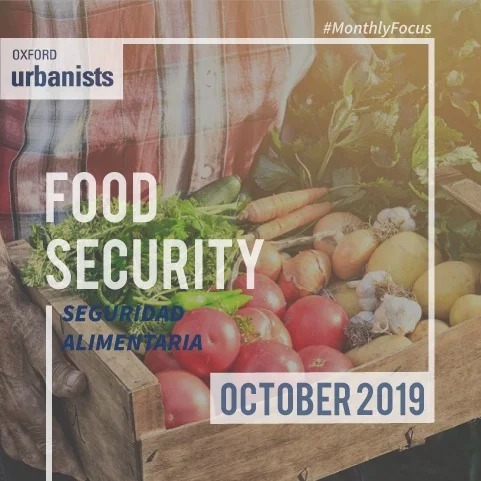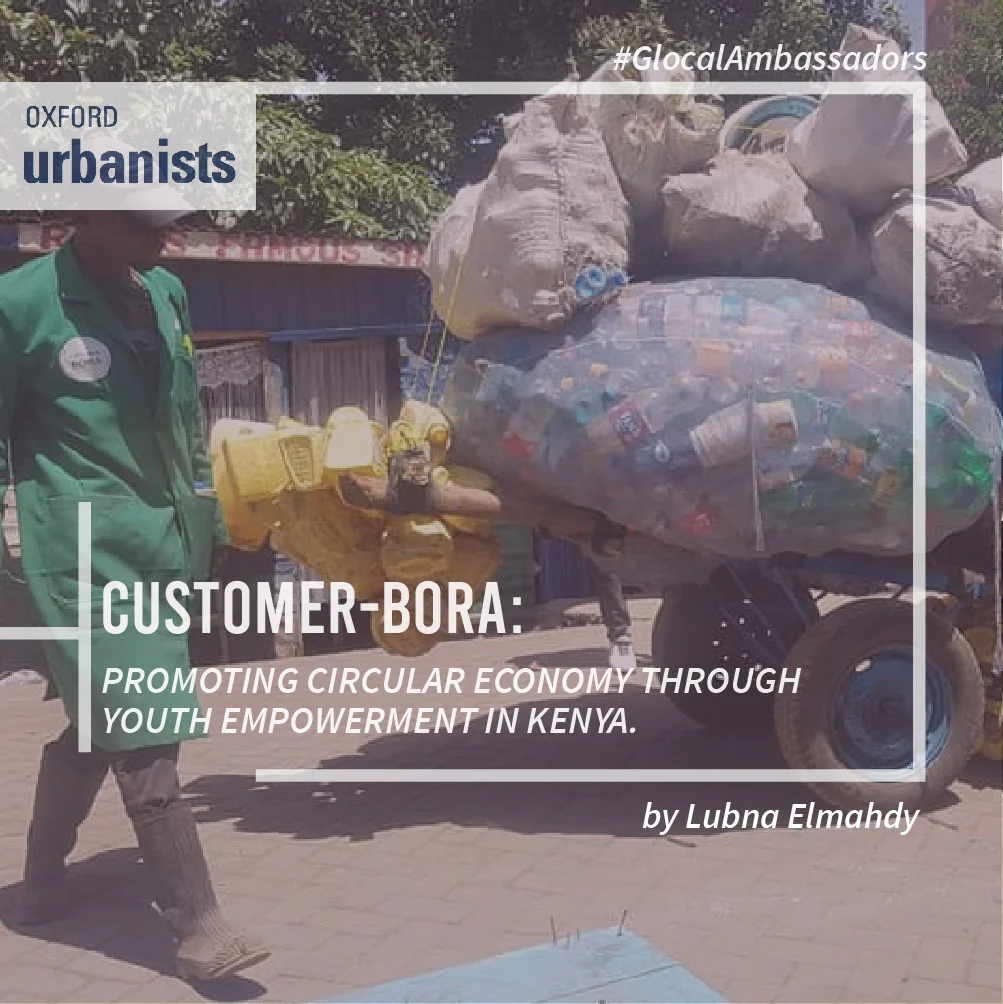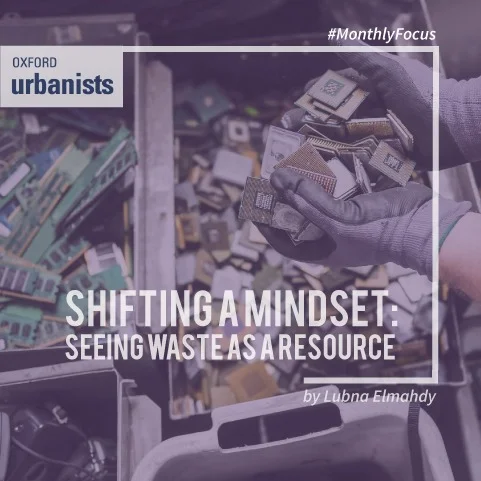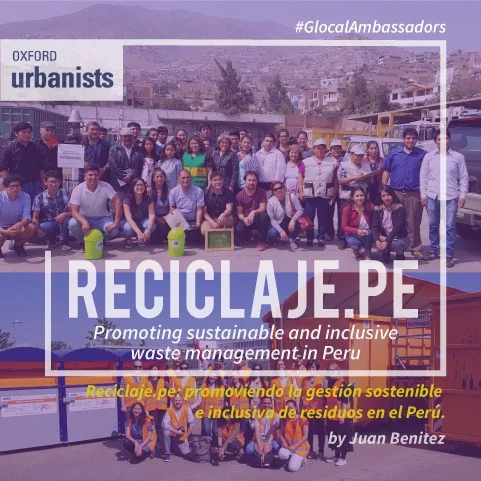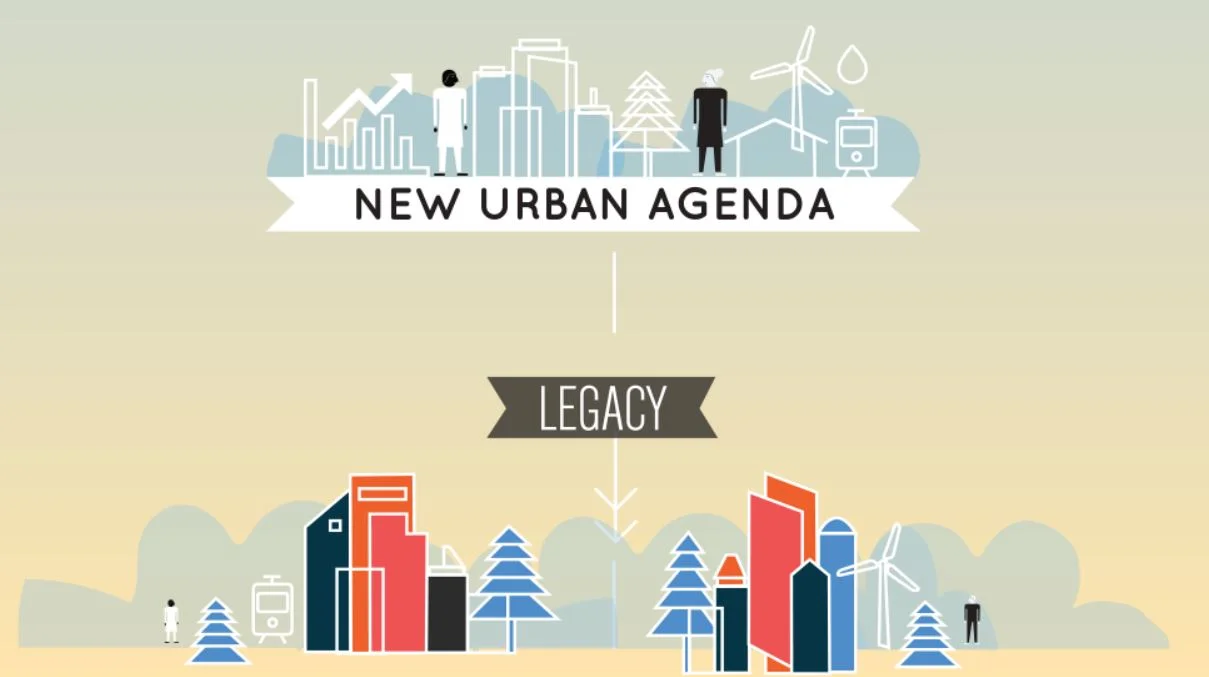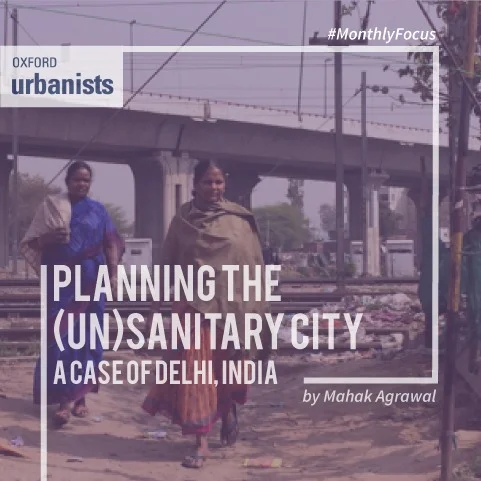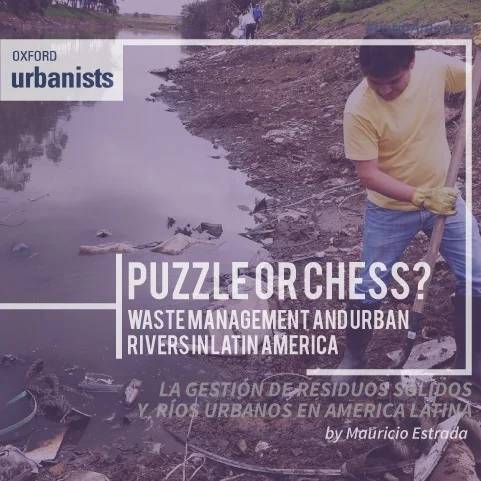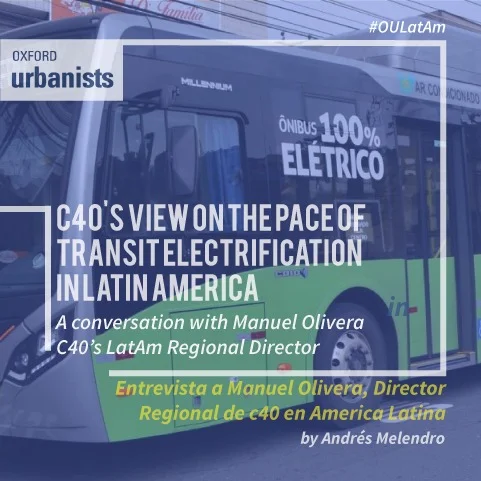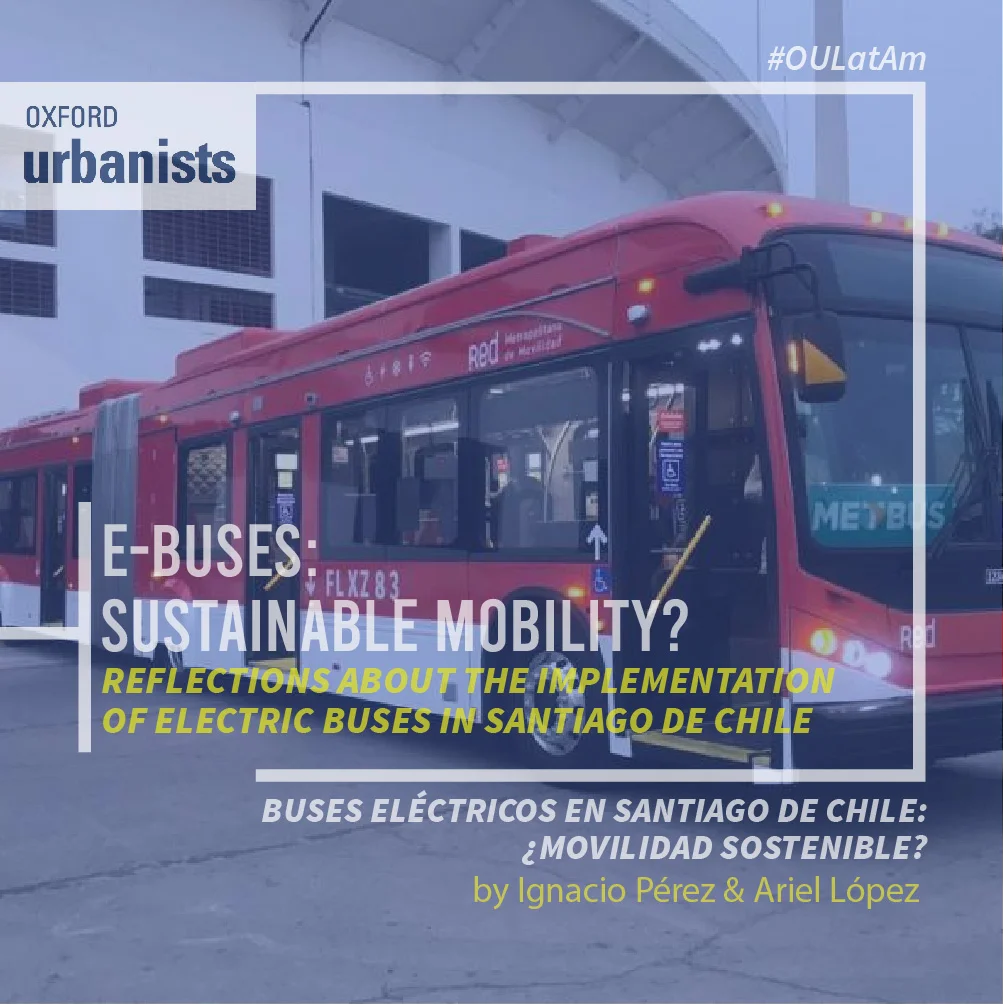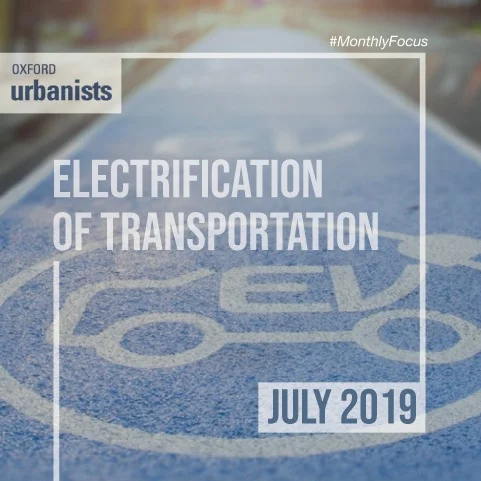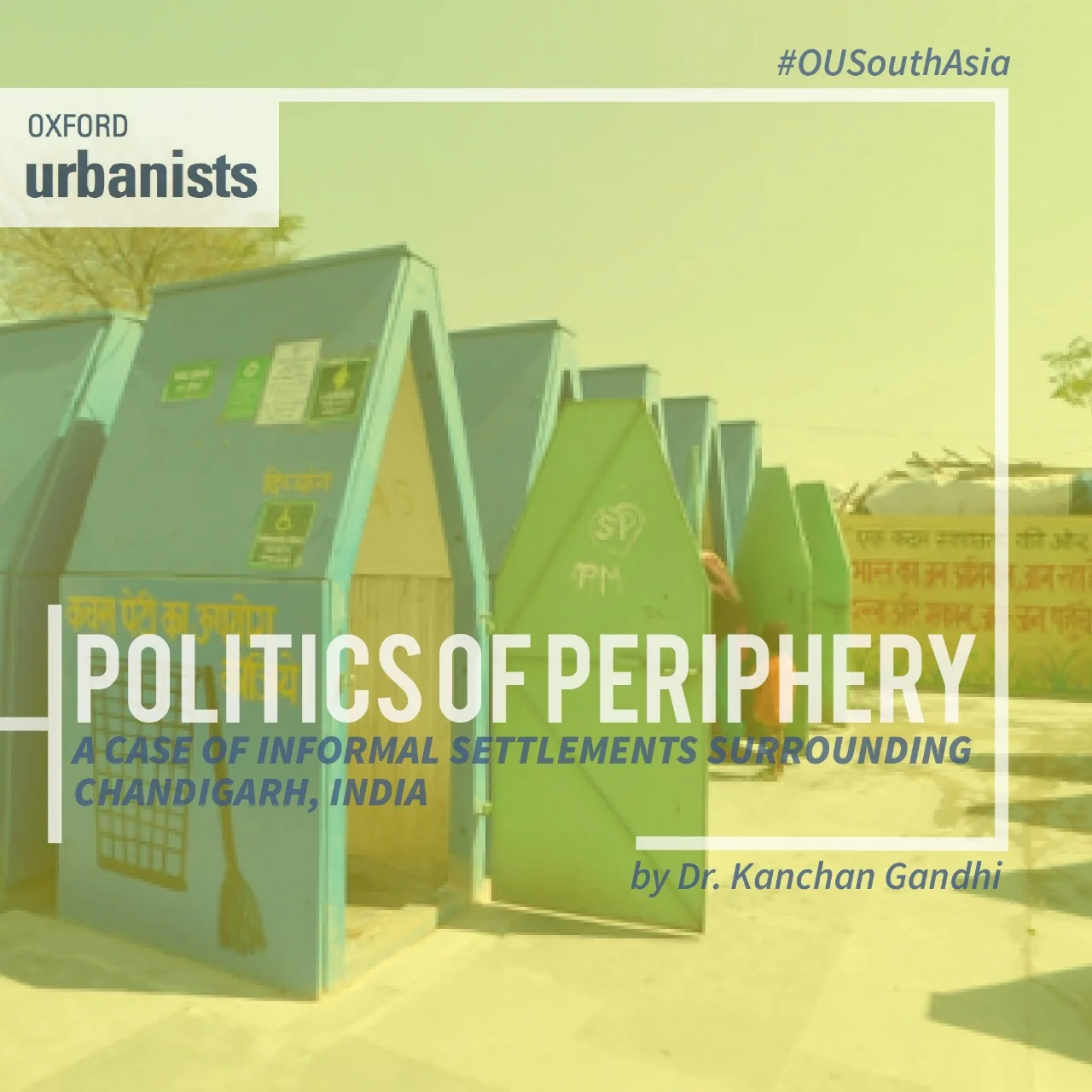Increasingly, cities are home to a full spectrum of climate action — innovations in green retrofitting, and sustainable mobility; frameworks for ‘good growth,’ and resiliency planning; and battlegrounds for protest, and social upheaval over the current climate crisis. Where they go from here will help determine the larger international conversation around what the global community can do to keep temperatures below the infamous 1.5-degree Celsius threshold.
Read MoreSince the last decade, urban and peri-urban agriculture has been designated by the Food and Agriculture Organization of the United Nations (FAO) as a fundamental strategy to provide means of subsistence, Following this trend, since 2006, Rio de Janeiro’s City Hall has been developing the Hortas Cariocas Program (PHC), aiming to encourage urban agriculture, and extract the various social and environmental services inherent to the practice. Inside an urban scenario of extreme inequality, legitimized by the public powers for centuries, we discuss how the Hortas Cariocas Program, with the efforts of its founders, contributes in a practical way to the improvement of the quality of life to the citizens of Rio.
Read MoreThe story of cities is also the story of managing food production and consumption. The relationship between urban living and attaining quality nutrition, or food safety, is clearly stated in the United Nations’ Sustainable Development Goals. While simple, innovative solutions target data collection and urban agriculture, food scarcity remains a major challenge in cities worldwide. There’s a long road ahead for food security as a planning priority.
Read MoreOxford Urbanists Africa had the opportunity to interview Kenyan musician and changemaker, Juliani, founder of Customer Bora, an innovative initiative that works to rid the environment of the burden of single-use plastics and waste by creating a circular economy framework.
Read MoreSub-Saharan Africa is home to some of the most innovative waste management projects in the world. From transforming wastewater to drinking water; to making roads out of plastic and having plastic as currency, Africa has it all when it comes to seeing waste as an indispensable asset. Although many risks ought to be addressed in managing waste, several African countries have ignited the spark to change the narrative of waste from redundant to resource.
Read MoreDessire Velez is the co-founder of Reciclaje.pe, a Peruvian initiative focused on promoting sustainable and inclusive practices of waste management working simultaneously from Germany and Perú. We met her to learn about her initiative and what has brought her to this moment. #GlocalAmbassadors
Read MoreWith the tag #GlocalAmbassadors, the Oxford Urbanists want to leverage the work of changemakers globally implementing the UN’s Sustainable Development Goals. Find out more about how local action can lead to global results, or if you know an initiative on the same mission, tell us all about it.
Read MorePlanning for Delhi’s sanitation networks is a complex matter. Its systems, development, operation and maintenance involve multiple agencies at all scales. The scope of sanitation has expanded, but emphasis remains on increasing treatment capacity and extending the modern sewerage network. But where do we plan for the sanitary conditions of informal settlements, not connected by this modern network?
Read MoreAs cities continue to grow and expand across LatAm, it is evident that urban solid waste management efforts fall short. How can Latin American cities decouple their economic growth from the increase of their solid waste generation rates to ramp up their sustainable development efforts? Building up on the region’s advantages and changing the perspective on the way these cities economies work is a clear way of redefining the region’s growth
Read MoreLatin American rivers are some of the most polluted in the world. High levels of urbanization are both the cause and recipients of the consequences of the lack of urban waste management.
Read MoreThis August, Oxford Urbanists (OU) enters the global debate on waste management in urban centers, highlighting its challenges, controversies and opportunities for growth in developing countries.
Read MoreMr. Manuel Olivera, current C40’s Regional Director for Latin America sat down with Andrés Melendro Blanco, Latin America Coordinator for the Oxford Urbanists, to discuss C40’s approach and his views on the process towards electrification of transport systems in Latin America. Among others, he emphasizes that if there is not enough demand from cities, the supply of electric articulated buses will remain scarce, therefore the need for cities to take the leadership and move forward.
Read MoreA critical perspective on the introduction of electric buses in Santiago de Chile’s public transport network. A reflection on the need for connecting these policies with long-term sustainability strategies and intersectoral governance arrangements in order to endure on effective sustainable policies. Embedding these efforts in the current power devolution is an opportunity to shape new institutional arrangements which could unlock the effectiveness of electric buses in full.
Read MoreEven though micromobility is a great innovation that can help cities fill the last mile gap, it can lead to a tragedy of the commons scenario. We take a look not only at some successful approaches to regulating this offer, but also at how cities can capitalize on the data created by micromobility operators to better plan their overall mobility.
Read MoreUrbanites seem to have found in Micromobility what could be one of the biggest solutions of the century for urban mobility. With an industry breaking sales and growth records, the adoption of micromobility solutions seems to not have a ceiling. While significant advances have occurred in the industry, micromobility is still not an option for the urban poor around the world. It will take active governance and responsive regulation to persuade private companies to align with the UN’s mandate in SDG 11
Read MoreThis July, Oxford Urbanists’ monthly discussion looks at the case for transportation electrification in cities. From the governance framework to the regional and micromobility scales, this conversation highlights the challenges in bypassing the fossil-fuelled, car-centred model as the unanimous alternative.
Read MoreTwo informal settlements in the periphery of the planned city of Chandigarh, India, remain irregular to the eyes of the State. As the sanitation challenge is addressed by public policy with temporary measures, residents are met with brutal actions of eviction and demolitions. Between tolerated and de-legitimised, residents are targeted as electoral mass, but excluded from the ideal city.
Read MoreAn interview with urban planner Andrés Linares, who has taken part in the reconstruction of a town affected by a natural disaster and in the planning of Bogotá’s urban expansion.
Read MoreAlthough a vital element of urban life, informal workers in public spaces are often stigmatized and neglected by traditional policies and academy. Despite their vulnerability, they can develop valuable resilience skills and influence spatial dynamics. In order to leverage their innovation potential, our cities should provide a more flexible regulatory framework, transforming the public space in a safe platform that fosters inclusion and healthy competition.
Read MoreOxford Urbanists’ June regional monthly topic enters the global debate on the importance of mainstreaming urban informality analysis as part of urban planning and decision-making.
Read More

